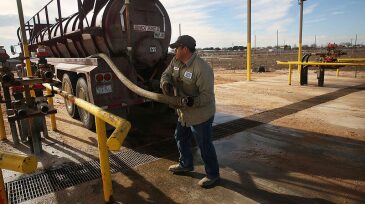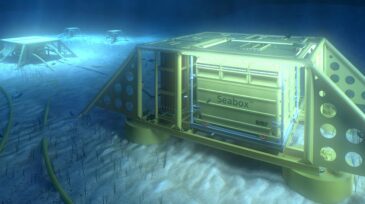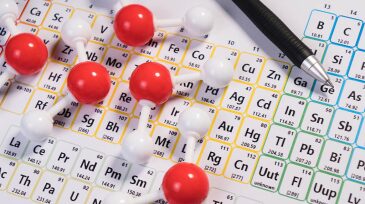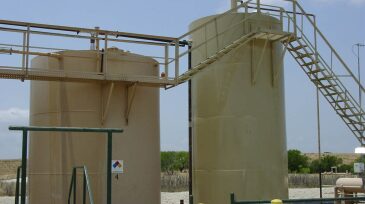produced water
-
As Permian production ramps up and saltwater disposal well capacity is pushed to its limit, companies see a need to develop collaborative, commercially viable methods of handling produced-water volumes. If reuse remains at its current rate of only 15%, operators could face a $30-billion tab.
-
The well count and completion intensity of US tight oil and gas operations have grown in recent years, and rising pressure from environmental regulations means that produced water management has become a key focus for operators.
-
When surface water is scarce, communities and industries typically turn to groundwater to meet their freshwater needs. A new report from the Groundwater Protection Council indicates that produced water may be a new resource to reduce the use of fresh water for some of those needs.
-
Operators are looking for ways to better handle water coming from subsea wells, which is typically treated at topside facilities. Subsea separation systems are not equipped to discharge water back into the reservoir, so how do companies close the gaps?
-
A growing sector of water midstream companies is in the Permian Basin looking to take advantage of a business opportunity borne out of rising produced water volumes. Billion-dollar valuations for these companies in the near future could become a reality.
-
Frac water disinfection experts become De Nora service arm in the unconventional oil and gas market.
-
Operators in the Permian Basin are looking for new ways to handle the rising volumes of produced water coming out of the region without using saltwater disposal wells. One solution, treatment for discharge, could provide an efficient alternative.
-
Management of produced water is driving subtle yet potentially consequential changes in certain regions. Contributing factors for seismicity and well pressurization, while different, share some elements. By assessing these common elements, partial risk profiles for both conditions can be assessed.
-
Three papers selected from 2018 SPE ATCE look at the challenges and approaches to the treatment of increasing volumes of produced water.
-
Sourcing water for hydraulic fracturing, and disposing of produced water, are constraints and significant cost items in the Permian Basin. Some of the produced water can be treated and reused by using a water life cycle approach..










